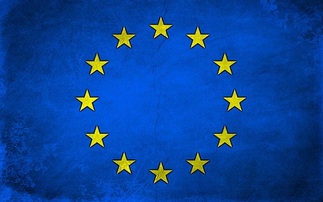
France fines ad tech giant €40m over GDPR breaches
Criteo argues its actions were unintentional and did not cause any harm
France's data protection authority CNIL has imposed a €40 million fine on Criteo, the ad tech giant headquartered in Paris, for GDPR violations in its handling of personal data for targeted adverti...
To continue reading this article...
Join Computing
- Unlimited access to real-time news, analysis and opinion from the technology industry
- Receive important and breaking news in our daily newsletter
- Be the first to hear about our events and awards programmes
- Join live member only interviews with IT leaders at the ‘IT Lounge’; your chance to ask your burning tech questions and have them answered
- Access to the Computing Delta hub providing market intelligence and research
- Receive our members-only newsletter with exclusive opinion pieces from senior IT Leaders





















